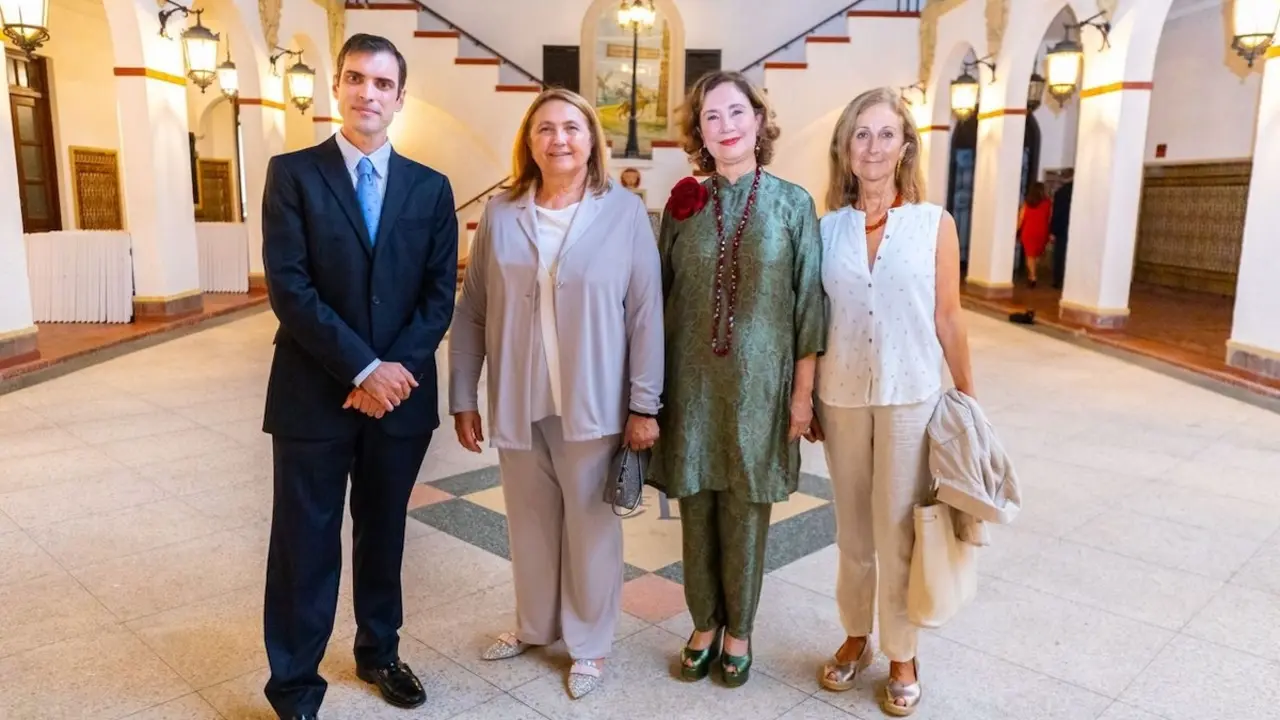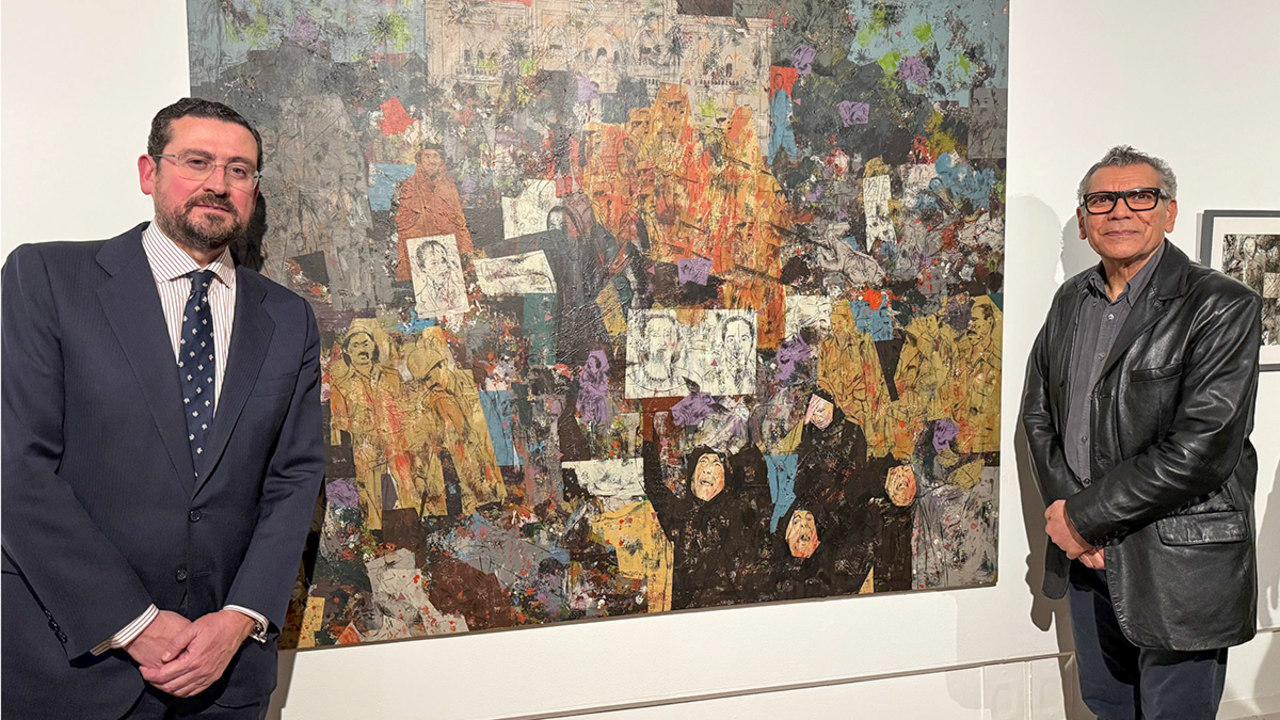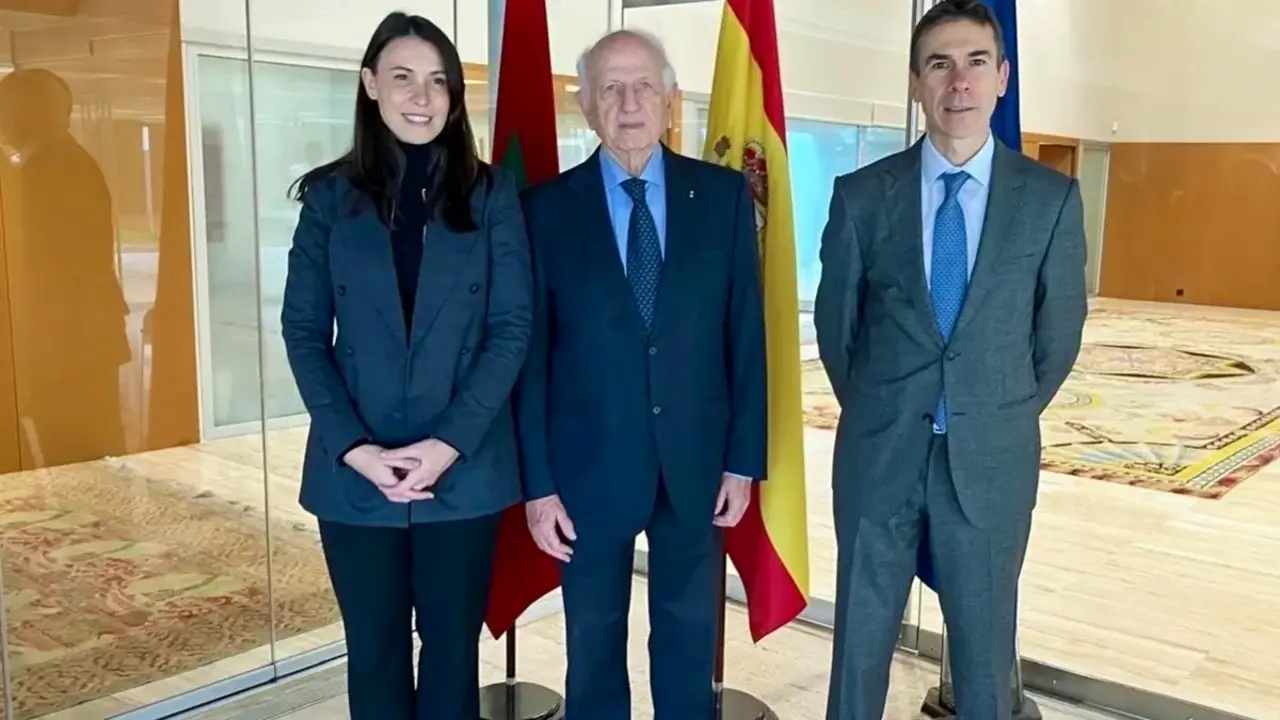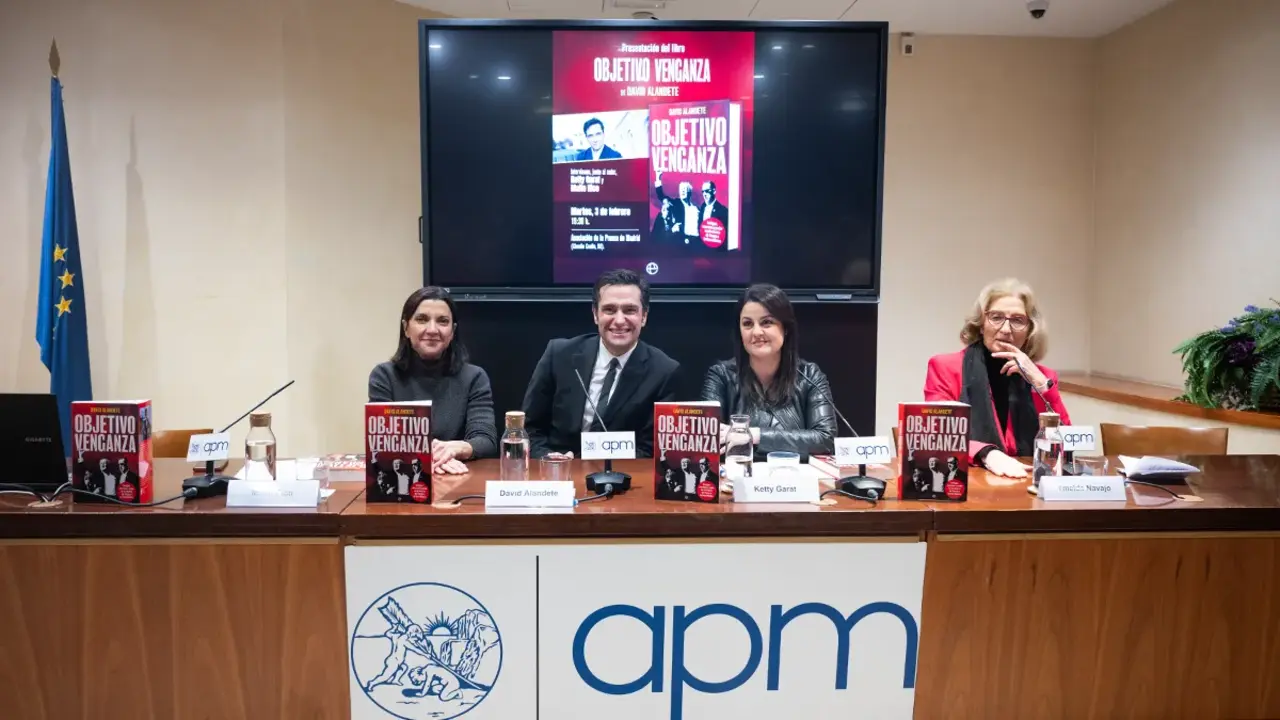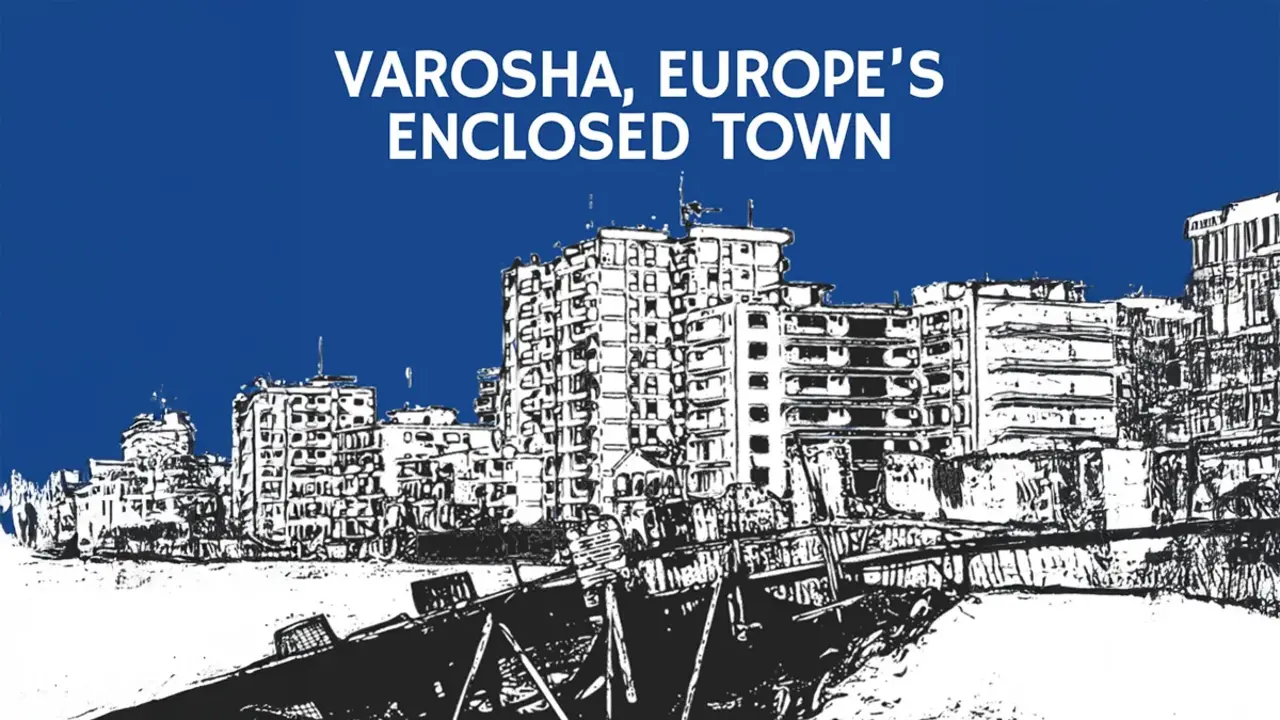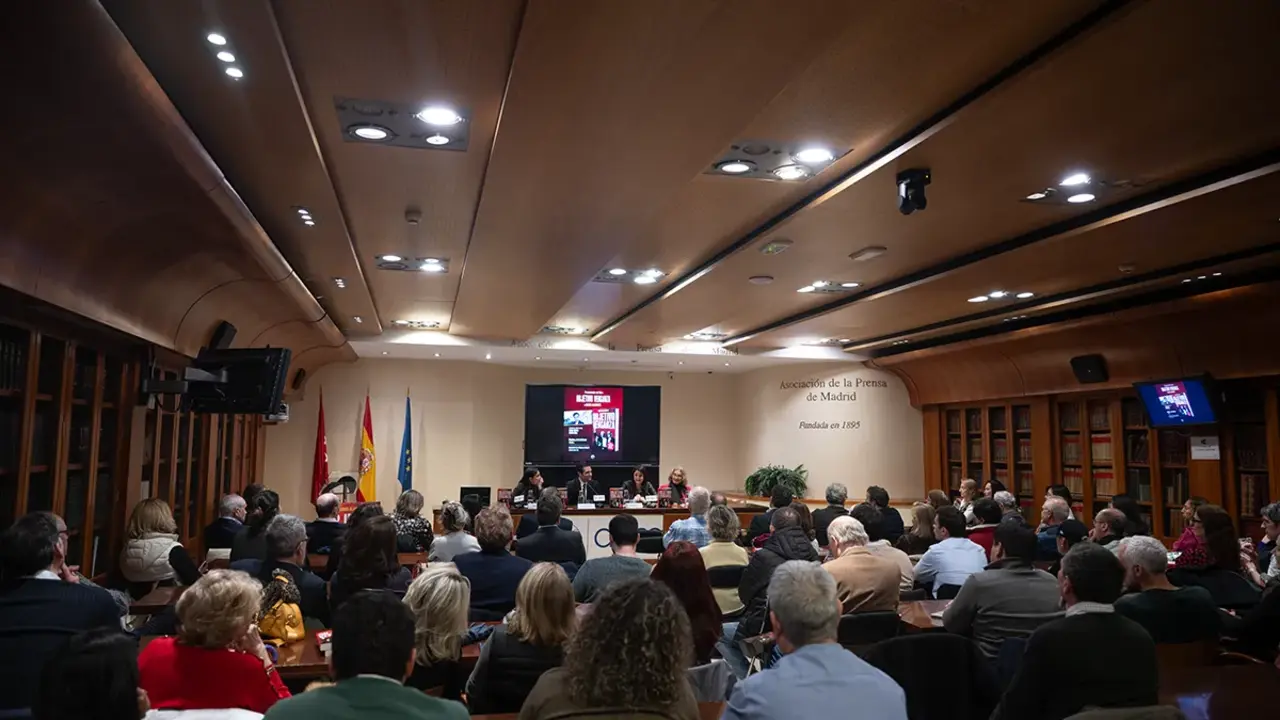The Sheikh Zayed Book Award announces the finalists for its 19th edition
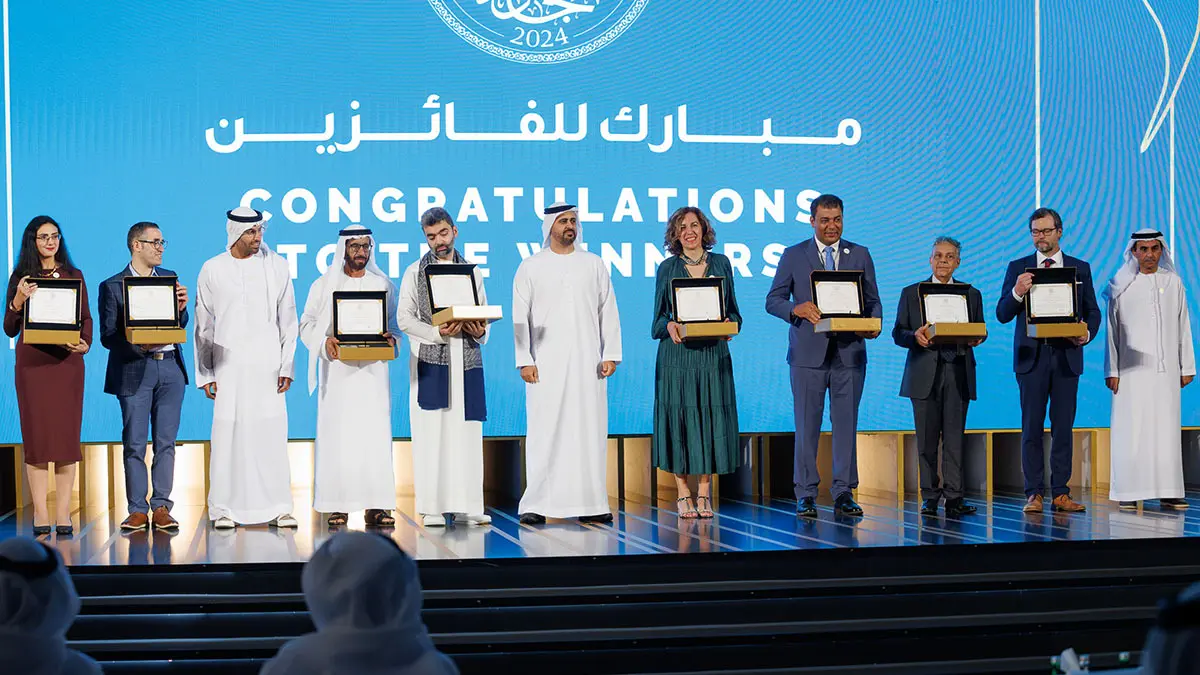
The Sheikh Zayed Book Award (SZBA), organised by the Abu Dhabi Arabic Language Centre, part of the Department of Culture and Tourism – Abu Dhabi, has announced the finalists for its 19th edition, which include authors and institutions from 15 different countries, showcasing the breadth and scope of Arab culture worldwide.
Recognised as one of the most important awards in the world dedicated to Arab literature and culture, the Prize has honoured writers, academics, translators, cultural pioneers and institutions for almost two decades. The 19th edition has received more than 4,000 nominations from 75 countries in the 10 award categories. Notably, this year nominations were received for the first time from five new countries (Albania, Bolivia, Colombia, Trinidad and Tobago and Mali), underlining the global influence and prestige of the award.
The list of finalists in this year's Literature category includes three internationally recognised authors. Egyptian author and screenwriter Ahmed Mourad has been nominated for his novel ‘The Sphinx’, a thrilling detective story set in 1869, which continues the plot of his previous novel ‘Locanda Bir Al-Watawit’ (2020). Mourad's work of fiction has been adapted for both film and television, including the 2014 film ‘The Blue Elephant’. Also nominated is the 2023 trilogy of novels ‘Trilogy of the Journeys of the Clay City’ by Kuwaiti novelist Saud Alsanousi, a magical realist tale that tells the story of the fishing industry in pre-oil Kuwait. Alsanousi's novel ‘The Bamboo Stalk’ (2012), winner of the International Prize for Arabic Fiction, has been translated into 14 languages, including English, Italian and Chinese. Finally, Lebanese-French author Huda Barakat is on the shortlist for her novel Hindo, the Most Beautiful Woman in the World, which explores the complex relationship between a mother and her daughter, who suffers from a rare disease that disfigures her once beautiful features. Barakat's previous work has been translated into more than 10 languages and she was awarded the Chevalier de l'Ordre des Arts et des Lettres in France in 2002 and the Chevalier de l'Ordre National du Mérite in 2008.
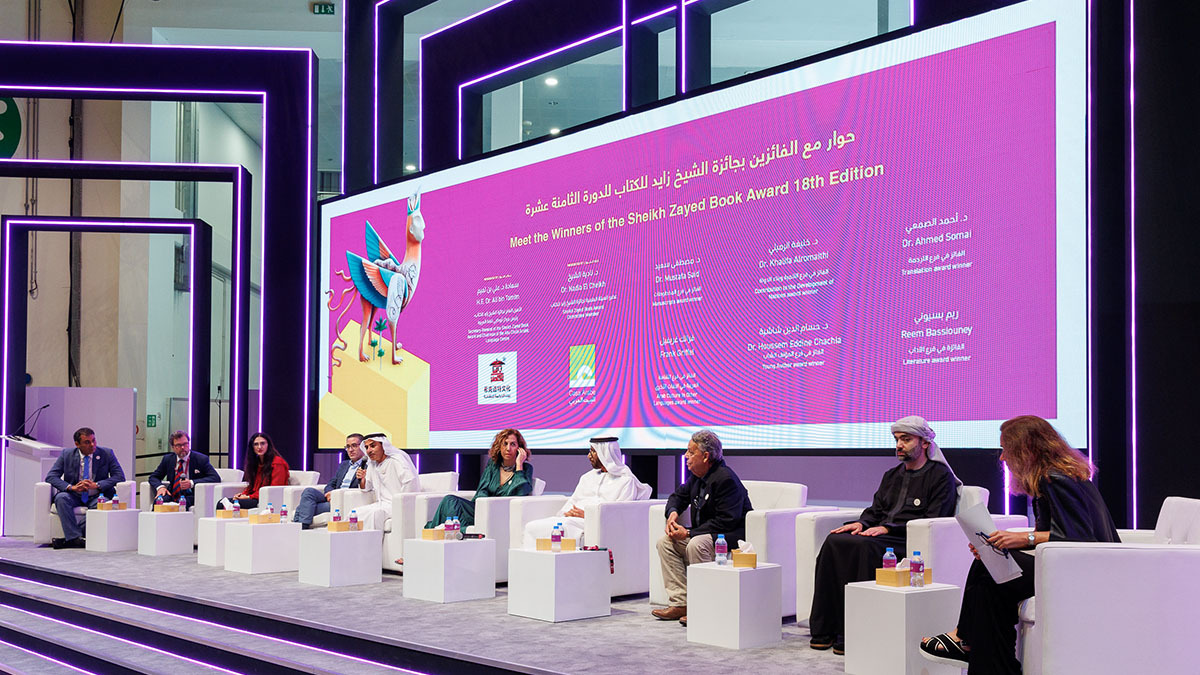
The nominees in the Children's Literature category include the book ‘Maymouna and her crazy ideas’ by Jordanian picture book author Shireen Sabanegh, a former employee of the Jordan Children's Museum, which highlights the power of self-confidence in facing challenges and contributing to the community. Also shortlisted is ‘The Ghost of Sabiba’ by Moroccan author Latifa Labsir, which deals with autism spectrum disorder from the perspective of Hiba, the sister of an autistic boy called Raji. Egyptian author Hegra Alsawi is shortlisted for her young adult novel ‘The Digital Fox’, which tells the story of Timur, a boy obsessed with video games, and his relationship with his parents.
This year's nominees in the Arab Culture in Other Languages category include authors from the UK, Germany and Turkey, who address a variety of topics related to Arab history, literature and culture. German author, academic and former president of the American Oriental Society Beatrice Gründler (Free University of Berlin) is nominated with ‘The Rise of the Arabic Book’, which tells the little-known story of the vibrant and sophisticated culture of the Arabic book in the Middle Ages. British academic Andrew Peacock (University of St Andrews) is nominated for ‘Arab Literary Culture in Southeast Asia in the 17th and 18th Centuries’, an academic work that examines the intellectual interactions between the Middle East and Southeast Asia, in particular the development of Islam in the region, through the study of little-known manuscripts. Turkish author Hakan Özkan is on the shortlist for the German-language study ‘The History of Eastern Zajal: Arabic Poetry in Colloquial Dialects of the Eastern Arab World’ - from its beginnings to the end of the Mamluk era, an analysis of the diverse tradition of Zajal poetry from the 12th century to the end of the Mamluk period, in particular the ways in which this poetry formed a bridge between the illiterate and the literary establishment of the time.
This year's shortlist in the Translation category notably includes two translations from Arabic into European languages. German translator Claudia Ott is nominated for ‘Tausendundeine Nacht: Das Buch der Liebe’ (‘One Thousand and One Nights: The Book of Love’), an acclaimed German translation of four love stories drawn from the oldest sources of ‘One Thousand and One Nights’. Italian translator Marco Di Branco is on the shortlist for ‘Orosius’, an English translation of Kitāb Hurūshiyūsh, the Arabic version of Paulus Orosius' “Seven Books of History against the Pagans”, a history of the Greco-Roman world that had a vast cultural influence on the Arab world, especially on the historian Ibn Khaldun. Also on the shortlist is the Arabic translation by Moroccan translator Hassan Outtaleb of French academic Antoine Compagnon's text ‘The Demon of Theory: Literature and Common Sense’, which explores the relationship between literary theory and common sense, arguing that, although theory is valuable, it can sometimes become overly complex and detached from the everyday understanding of literature.
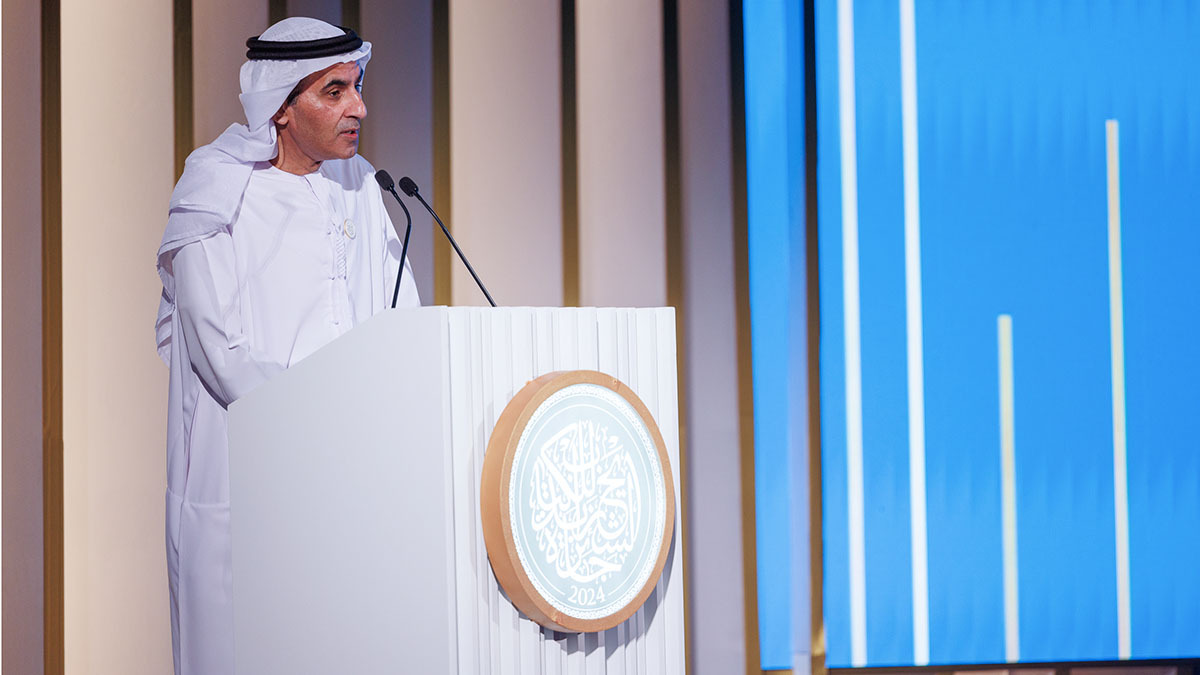
The shortlist in the Literary and Artistic Criticism category presents a diverse range of texts that address Arabic literature, language, heritage and architecture. Dr Said Laouadi, from Morocco, is nominated for ‘Food and Language: Cultural Excavations in the Arab Heritage’, which explores the relationship between food, discourse and writing throughout Arab cultural history. Palestinian researcher and critic Dr Rita Awad is nominated for ‘Poetry and Prophecy: Abu Tayeb as the Poet-Prophet’, which examines the work of the Abbasid poet Al-Mutannabi, considered one of the greatest Arab poets. Iraqi academic Khaled Alsultany has been nominated for ‘Samarra Town Planning: A Study of the Architecture and Planning of an Abbasid City’, which narrates the history of the Abbasid capital Samarra through its architecture, as well as the social, historical and political environment that shaped the city.
The list of finalists in the category of Contribution to the Development of Nations includes three works on Arab and Islamic culture. Emirati academic Prof. Dr. Mohammed Bechari is on the shortlist for ‘The Right to Work and Strive: Perspectives on the Rights of Muslim Women’, which considers Islamic legal positions on the rights of Muslim women and marital cohesion. Syrian-German author Housamedden Darwish is nominated for ‘The Philosophy of Recognition and Identity Politics: Critique of the cultural approach to Arab-Islamic culture’, a critique of modern identity politics, while Jordanian academic Prof. Dr. Majduddin Khemesh is on the shortlist for ‘Cities and Trade in Islamic Civilisation’, a study of the role of Islamic cities in the spread of faith and civilisation.
Nominees in the Arabic Manuscripts Publishing category, dedicated to works that have contributed to the field of Arabic manuscripts publishing, include Rasheed Alkhayoun from Iraq, Saleh Aljassar from Saudi Arabia and Dr Ahmed Gomaa Abdelhamid from Egypt.
Dr Ali bin Tamim, Secretary General of SZBA and President of the Arabic Language Centre in Abu Dhabi, said: ‘We are proud to present the shortlist for this year's Sheikh Zayed Book Award, which highlights the exceptional talent, dedication and creativity of the writers and academics who are shaping the future of Arab culture. This year's selection is particularly notable for its international dimension, especially in the Translation category, which underlines the vital role of literary translation in bringing Arabic literature and thought to a global audience. We congratulate all the nominees for their exceptional contributions and celebrate the richness and diversity of the voices represented.’
The winners of the 19th edition of the Sheikh Zayed Book Award will be announced in March and the awards ceremony will take place during the Abu Dhabi International Book Fair on 28 April.
The Sheikh Zayed Book Award also supports the publication of translated Arabic literature through the Award's Translation Fund, which grants translation funds to international publishing houses every year. Through the Translation Fund, all the finalist titles in this year's Literature and Children's Literature categories will be eligible to receive translation funds to facilitate translation from Arabic into languages of the world.


